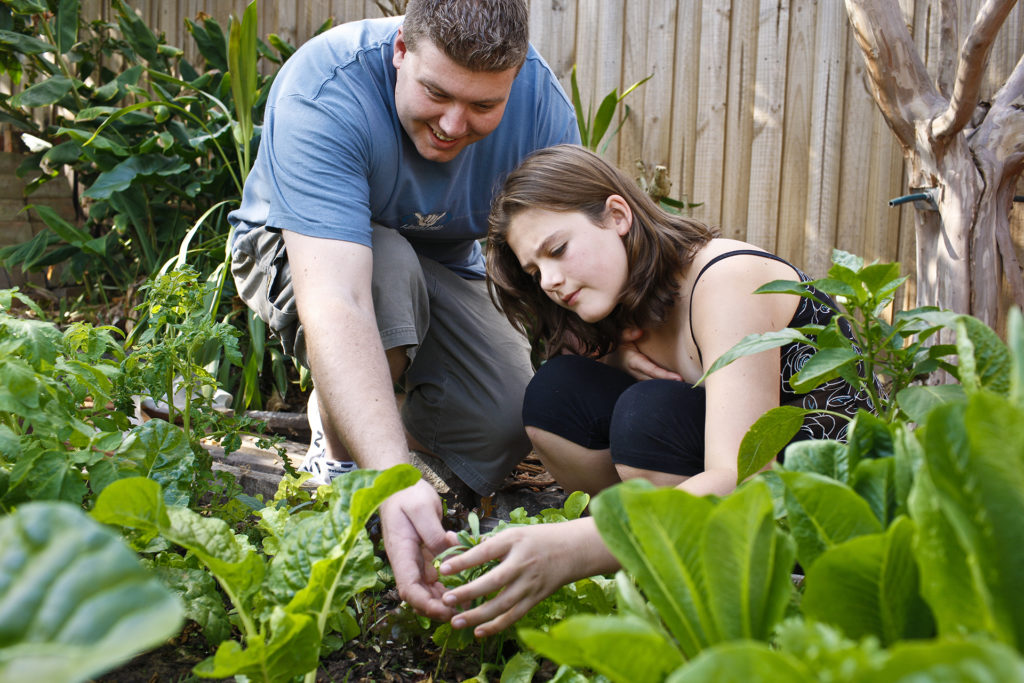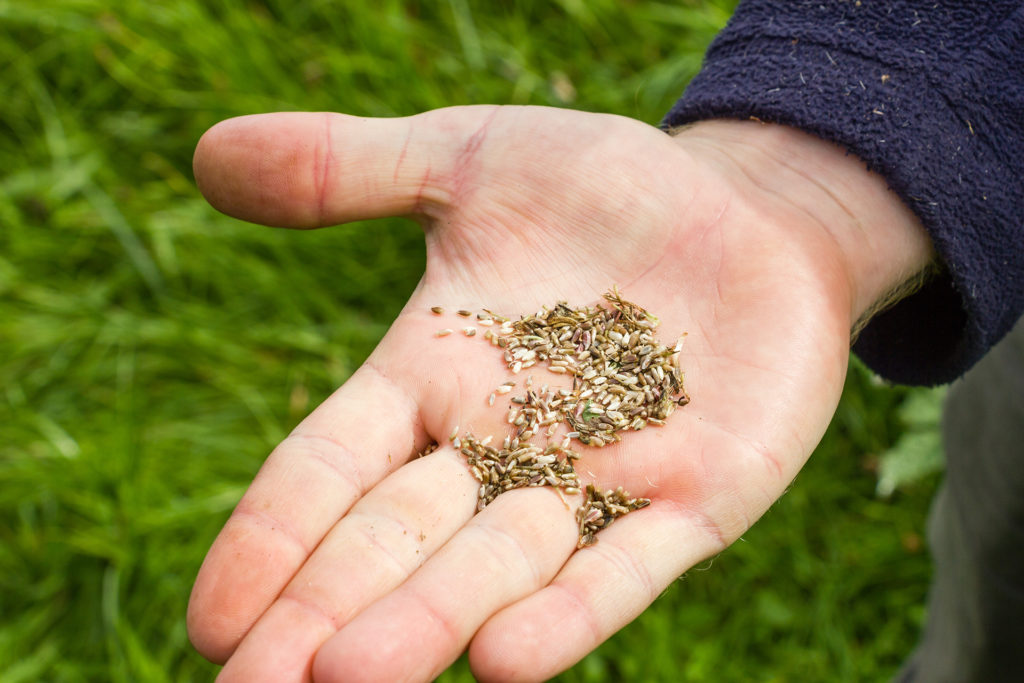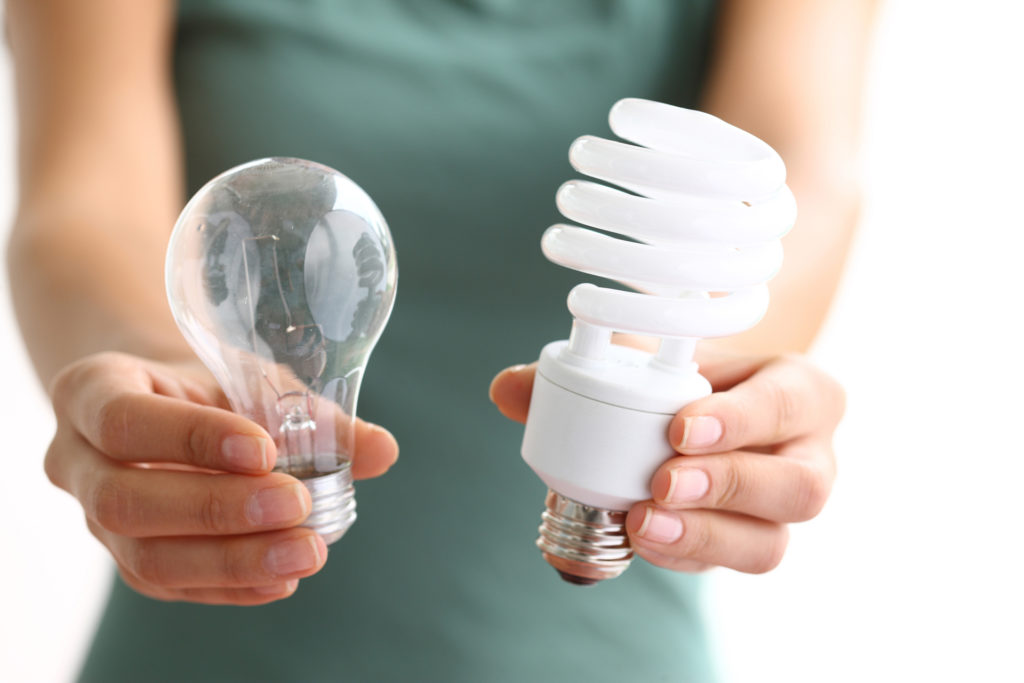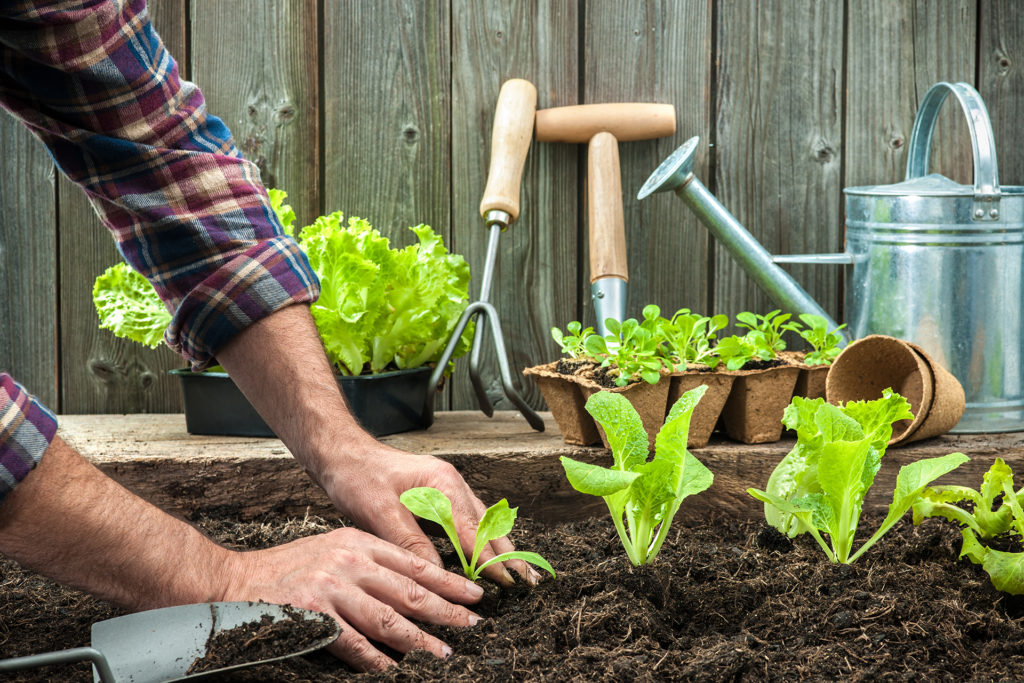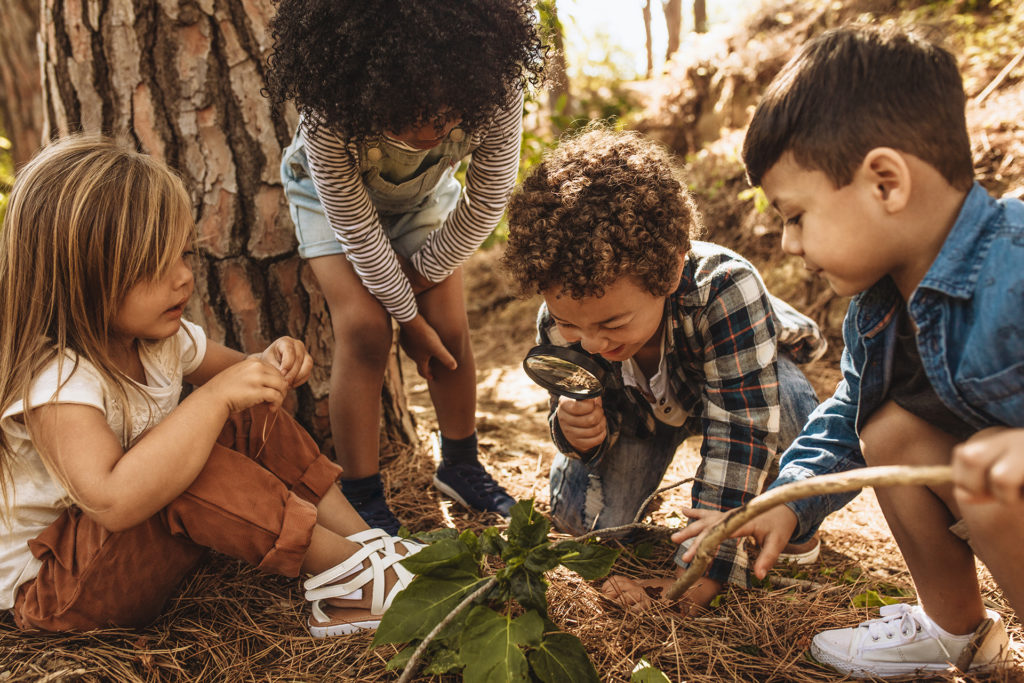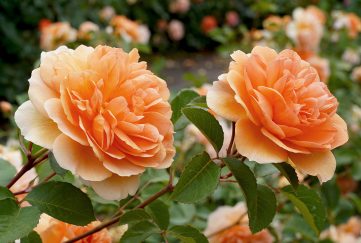Ten Tips On How To Live More Sustainably
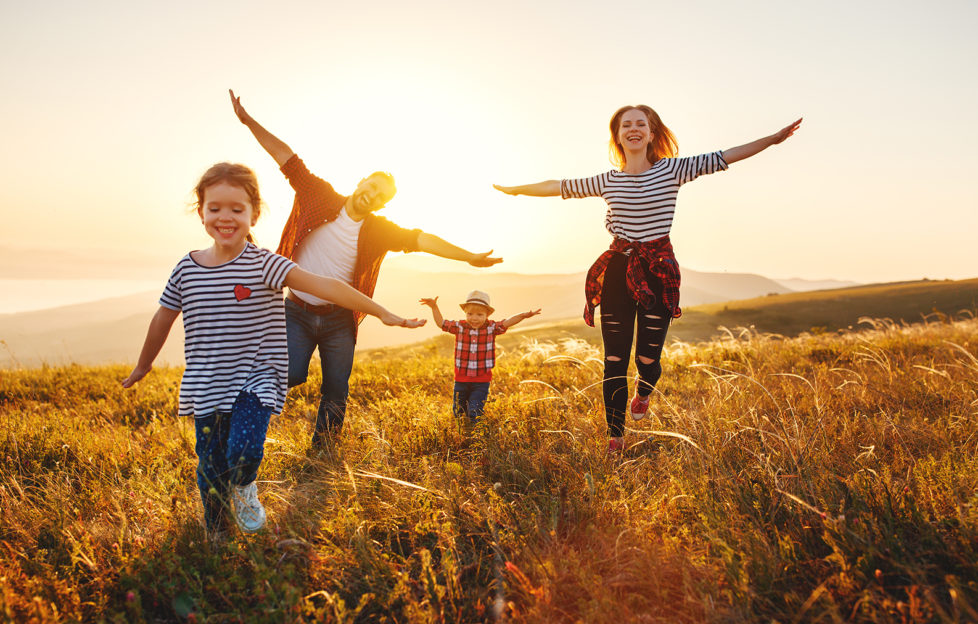
The Yeo Valley Organic team share their top tips for how you too can put nature first and make a difference in everyday life.
Switch your everyday purchases to organic ones
Did you know that supporting organic farming can help to slow down climate change? If you’re on a mission to make a difference, a really simple step you can make is to swap out your current groceries, like milk, cheese and yogurt, with organic alternatives.
Go wild
At Yeo Valley Organic they like to keep things as natural as possible and that means appreciating the wildlife in your home and garden. You could try gardening organically or planting wildflower seeds to encourage more butterflies and bees.
Reduce, reuse and recycle
You may already be using reusable carrier bags and recycling all single use plastic, but there’s still lots more we can all do to put nature first when it comes to our buying habits. Try visiting a vintage or charity shop next time you want to go clothes shopping or take the time to make gifts for friends rather than buying new. You can also try going green by recycling old yoghurt pots to give them a new lease of life as paint and water pots for arts and crafts or use in the spring to plant seedlings. If you think outside the box with reusing and recycling, you may be surprised at the finds you can make and new skills you can learn!
Save energy
Whether you’re able to drive less, use less water, or switch to a green energy supplier, every small change you make to reduce your energy consumption can make a huge difference to your carbon emissions and environmental impact on our world. Try it – you could save money too!
Borrow, don’t buy
One of the best ways we can look after the environment and its resources is to buy less single use items. If you can borrow your neighbour’s sander for some DIY, then you don’t need to buy your own. Lend your camping equipment to a friend rather than them buying from new and you’ll be keeping one more item out of creation.
Grow your own
Yeo Valley Organic grow lots of the organic produce available in their café. Knowing and understanding where your food comes from is a great way of being more connected to nature and the environment.
Buy British
As well as growing your own produce, another great way to support your local community and understand the local environment is to buy from local shops and British producers and farmers. Farmers are intrinsically connected to the environment, so when you buy produce straight from a local supplier, you too are playing a part in protecting the community and wildlife.
Nature Scavenger Hunt
Encourage little ones to look for and appreciate nature by doing a scavenger hunt for natural objects you can find on walks such as wildflowers, green leaves and bird feathers.
Watch the Garden Grow
Leave part of your garden to re-wild, even just a metre can entice bees, butterflies and other important pollenating insects to visit.
Counting the carbon saving
Could you challenge yourself and the kids to take one less car journey a week? How about that walk to school or trip to a friend’s?

